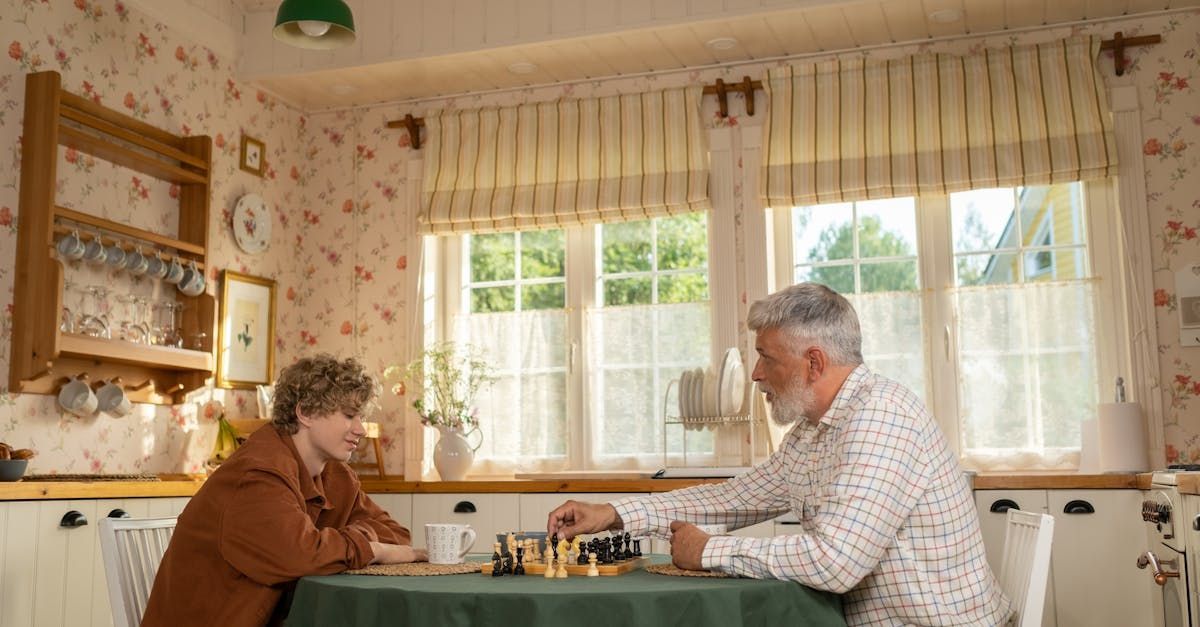Wills vs.Trusts: Finally Explained (Without the Legalese Headache)
Imagine your family scrambling to figure out what happens to your most treasured belongings after you're gone. No one knows who gets your grandmother's antique jewelry, or worse, who ends up caring for your beloved dog. Sadly, this happens all too often when people don't have a plan.
Estate planning doesn't have to be scary. Let's ditch the complicated legal terms and break down the basics of wills and trusts.
Wills: Your Essential Instructions
What's it do? A will is your playbook for what happens to your stuff after you pass away. It includes things like:
- Who gets your assets (your house, car, investments, etc.)
- Who cares for your minor children (a guardian)
- Who will be in charge of making sure your wishes are carried out (an executor)
When do you need one? Right now! If you own anything at all, a will is crucial. Don't think it's only for the elderly or wealthy – it's about protecting what matters to you.
Trusts: The Power of Control
What's the big deal? A trust is like a special container holding your assets. You set the rules for how it's managed, both during your life and after. There are many types, but let's focus on the most common: a revocable living trust.
Revocable Living Trust: Picture it as your own personal asset box. You put stuff in, take stuff out, and remain the boss while you're alive. The coolest part? When you pass away, a trustee you've chosen distributes everything to your loved ones without the hassle of probate court.
Benefits of trusts:
- Avoids probate (a lengthy and sometimes expensive court process)
- Can protect assets from creditors
- Might offer tax benefits for larger estates
- Provides income for loved ones long-term if needed
Sometimes, a simple will is all you need. Other times, a trust provides greater control and flexibility. A trust might be especially beneficial if:
- You have complex assets to manage (multiple properties, a business, etc.)
- You want to avoid the time and expense of probate court.
- You wish to minimize estate taxes on a larger estate.
- You want to provide ongoing support for a loved one with special needs.
- You want to protect your assets from potential creditors.
The Bottom Line
Don't let legal terms trip you up. Estate planning is about peace of mind – for you and the people you love. Taking action, even with a basic will, is always better than doing nothing.
